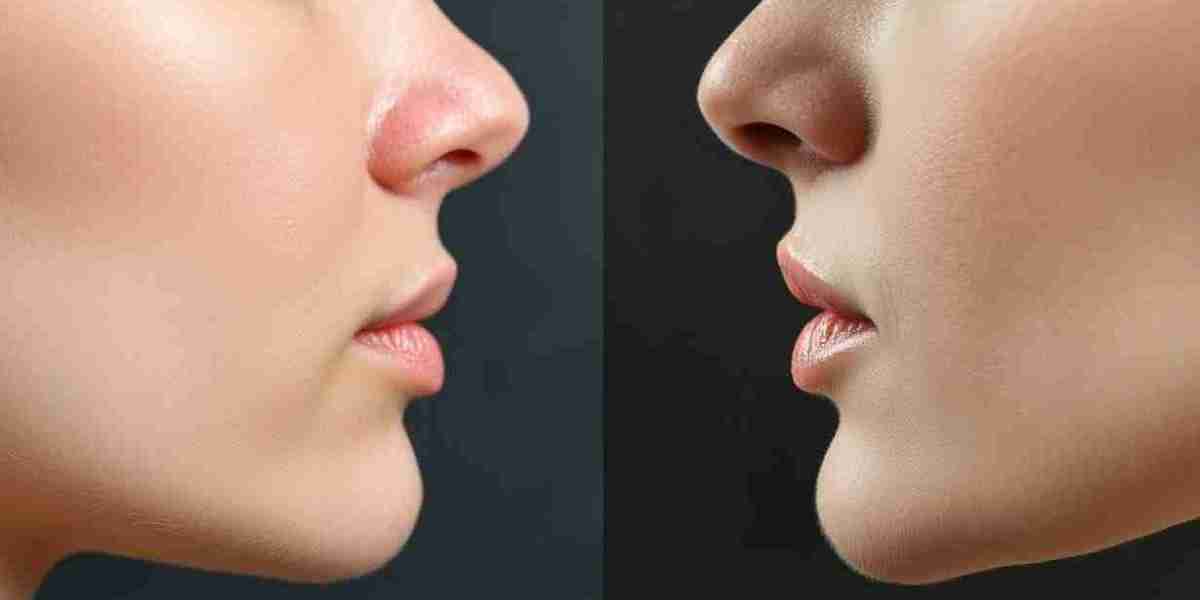Before deciding to enhance your appearance with cosmetic injections, it’s crucial to ask: who should avoid getting fillers? While dermal fillers are considered safe for most individuals, they’re not suitable for everyone. Knowing whether you’re an ideal candidate—or not—can help prevent complications, ensure better results, and maintain overall skin health. Filler Injections in Dubai(حقن الفيلرز في دبي) may seem like a quick solution to aging or volume loss, but certain medical, lifestyle, or skin conditions may make them less appropriate or even risky.
Why Patient Selection Matters?
Dermal fillers are injectable gels used to restore lost volume, smooth lines, and enhance facial features. Though minimally invasive, they involve injecting substances into the skin or deeper tissues, which means they’re not entirely risk-free. The effectiveness and safety of the procedure largely depend on proper patient screening.
People with certain allergies, health conditions, or unrealistic expectations may not respond well to treatment. Understanding who should avoid getting fillers allows individuals to make informed choices and ensures the practitioner tailors the procedure based on medical history, skin type, and personal goals.
People Who Should Avoid Fillers:
Not everyone is a good candidate for dermal fillers. Below are specific groups who should generally avoid these treatments or proceed only after medical clearance:
Pregnant or breastfeeding individuals: There’s limited research on the safety of fillers during pregnancy or lactation, so they are typically avoided as a precaution.
People with active skin infections or inflammation: Conditions like cold sores, acne, or eczema near the injection site may increase the risk of spreading bacteria or triggering flare-ups.
Individuals with known allergies to filler ingredients: Those allergic to hyaluronic acid, lidocaine, or other components used in fillers should steer clear to avoid adverse reactions.
People with autoimmune or bleeding disorders: These conditions may increase the risk of bruising, poor healing, or abnormal immune responses.
History of severe allergic reactions or anaphylaxis: Fillers carry a low risk of hypersensitivity, but individuals with a known tendency toward severe allergies should exercise extreme caution.
Unrealistic expectations: If someone expects dramatic or surgical-like results from fillers, they may not be emotionally ready for this type of cosmetic enhancement.
These situations highlight the importance of full medical disclosure and honest communication before undergoing treatment.
Risks Associated with Inappropriate Filler Use:
Even though fillers are non-surgical, injecting them into unsuitable candidates can lead to complications. These may include:
Increased risk of infection or inflammation
Delayed healing or prolonged bruising
Unpredictable or uneven results
Migration or lump formation
Serious vascular complications, such as occlusion or tissue necrosis
Moreover, treating someone with an unstable medical condition can worsen underlying health issues. That’s why proper screening isn’t just about better results—it’s about safety.
Benefits of Proper Patient Selection:
When the right person receives the right filler, the results can be incredibly natural and satisfying. The benefits of identifying who should avoid getting fillers extend beyond the treatment room:
Lower chance of side effects or complications
More accurate expectations and improved satisfaction
Better longevity and appearance of results
Improved trust between patient and provider
Safer treatment experience overall
Appropriate screening ensures that Filler Injections(حقن الفيلرز) are used where they’re most effective—on healthy, well-informed candidates with realistic goals.
Frequently Asked Questions:
Can people with autoimmune diseases get fillers?
It depends on the severity and type of the condition. Some people may tolerate fillers well, while others may face higher risk. Always consult with a medical professional.
Are fillers safe for people with allergies?
If you have mild seasonal allergies, you’re likely fine. But those with a history of anaphylaxis or sensitivity to lidocaine or filler ingredients should avoid treatment.
Can I get fillers if I’m on blood thinners?
Not recommended without medical advice. Blood thinners increase the risk of bruising and bleeding at the injection site.
Is there an age limit for getting fillers?
There’s no strict age limit, but candidates should be over 18 and in good general health. More importantly, the treatment should be appropriate for their skin condition and facial structure.
What if I’ve had bad filler results before?
If you've experienced complications or poor results, it’s best to consult before repeating the procedure. Your skin may react differently or need corrective steps first.
Conclusion:
Knowing who should avoid getting fillers is essential for a safe and successful cosmetic experience. While fillers offer many benefits—like restoring youthful volume and enhancing facial features—they’re not suitable for everyone. If you have underlying health issues, allergies, or are pregnant, it’s best to delay or skip the procedure. Proper screening and clear communication ensure that the treatment is not only effective but also safe, leaving you with results that look and feel natural without risking your health.




